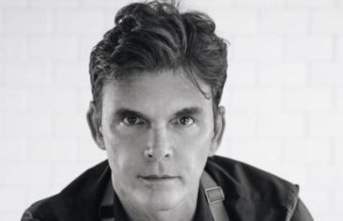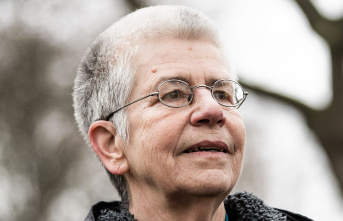The European Commission plans to present next week a proposal to accelerate the deployment of renewable energies. The energy crisis caused by the war in Ukraine and the possibility of imposing a total cut off of Russian hydrocarbon supplies is creating a situation in which voices are being heard asking to delay the energy transition, alleging that there are no reliable alternatives. The President of the Commission, Ursula von der Leyen, believes, on the contrary, that it is time to accelerate.
The Commission already proposed last year to increase the target for the participation of renewables in the energy mix to 40% in 2030, to exceed the current 32%. In the version of the proposal that will be presented next week, there is still no specific figure, although there is speculation that it could rise to 45 or even 50% if all the measures are approved.
Among the Commission's proposals is the simplification of the procedures for permits for the installation of solar panels or the obligation that all new buildings systematically place them on the roof. The Commission's thesis, as it appears in the document circulating in Brussels, insists that if Europeans accelerate the transition to renewable energies, not only will emissions be reduced, which was the initial objective, but it will also increase Europe's independence from the energy imports.
Since the Russian autocrat Vladimir Putin launched the invasion of Ukraine, the perception of Europe's dependence on Russia in energy matters has changed and many have become aware that precisely for this reason EU consumers paid more than 700 million euros, enough to finance the war effort in Ukraine. The import of Russian coal has already been prohibited and at the moment the cut in purchases of crude oil and refined fuels is being discussed, in the absence of an alternative solution being found for Hungary, which is the country most dependent on Russian oil.
On the horizon is the end of natural gas imports that some countries have already decided on separately and others, as is the case of Finland, take for granted that it will take place as a retaliation by the Kremlin to the announcement that they are preparing to request entry in NATO. In the European Parliament, there is already strong support for increasing the renewable energy target.
2












